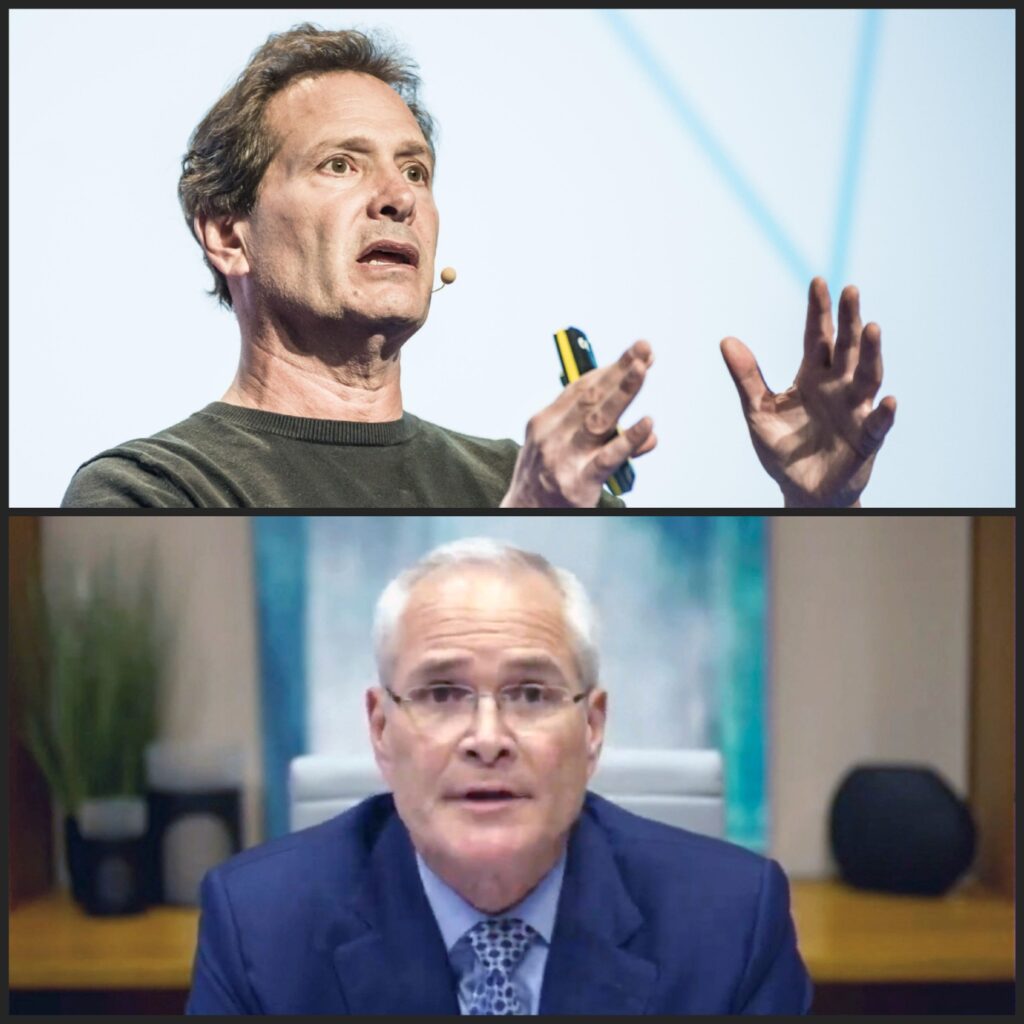The heads of the world’s oil dinosaurs, which made the largest profits since its foundation due to soaring oil prices last year, have collected tens of billions of won worth of “super annual salaries.” On the other hand, tech companies, which have begun super-tightening operations due to concerns over an economic slowdown, seem to be pulling out their ransom bubbles. According to Bloomberg News, PayPal, a U.S. simple payment service company, cut former CEO Dan Schulman’s total remuneration by 32% last year. Former CEO Schulman received $22 million in remuneration last year. The total remuneration in 2021 was $32 million. Regarding the cut, PayPal’s board of directors explained, “It is a measure (former CEO Schulman) failed to achieve management goals set by the company, including target revenue and the number of active users.” Former CEO Schulman became CEO in 2015 when PayPal was separated from eBay, an e-commerce company, and led the company for eight years. He announced his intention to retire voluntarily in February, but it is reported that he decided to step down to take responsibility for the worsening management. PayPal’s board is looking for a successor.

PayPal is struggling to slow growth as the consumer market shrinks in the wake of inflation and high-intensity austerity. In order to reduce costs amid worsening performance and financial conditions, about 2,000 employees, or 7% of all employees, were cut earlier this year. The company explained that the cuts were preemptive amid simultaneous signs of an economic slowdown due to a financial crunch caused by high interest rates. Tim Cook, CEO of Apple, the No. 1 U.S. big tech company, has decided to voluntarily cut his salary by 40 percent this year. CEO Cook will receive $49 million this year, including $3 million in basic salary, $6 million in bonuses, and $40 million in stock compensation. This is about 40 percent of last year’s annual salary.Analysts say that in the aftermath of the economic downturn, big tech companies took the lead in high-intensity restructuring by reducing more than 170,000 workers last year and broke the bubble salary practice. On the other hand, heads of major oil companies in the world have earned tens of billions of won in “super annual salary” thanks to their record-high performance. CEO Darren Woods of ExxonMobil, the largest oil company in the U.S., received $36 million in total remuneration last year. This is a 52% increase from the previous year’s total remuneration ($25 million). Compared to 2020, it has increased by more than 100%.
As ExxonMobil posted record profits last year, he also received stock options worth $25 million and a cash bonus of $6.4 million as a management bonus.Ben Van Beauden, former CEO of Royal Dutch Shell, the world’s two largest oil companies along with ExxonMobil, received £9.7 million last year. This is an increase of 53% year-on-year.British Petroleum (BP), Britain’s largest oil company, also paid 10 million pounds (about 16.3 billion won) to CEO Bernard Rooney last year. This is twice as much as the previous year.

CEO Rooney’s actual remuneration was set higher than £10 million, but he explained that some of the remuneration was cut by holding him responsible for management for being involved in a legal lawsuit in an explosion at an oil refinery in Ohio.Critics say oil companies made huge profits last year thanks to the Russia-Ukraine war, but are holding a money feast, neglecting investments in response to the climate crisis or demands for windfall taxes.Pressure is also mounting that these companies need to investigate their response to climate change. BP said it would reduce oil and gas carbon emissions by 35-40% by 2030. However, it has recently lowered its carbon emission target to 20-30% because it needs to invest more to meet oil and gas demand, and has been under great criticism from environmental groups.
Chang Young Choi
US ASIA JOURNAL



